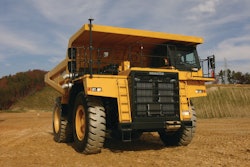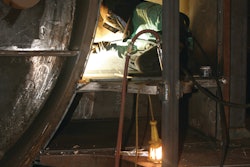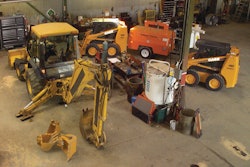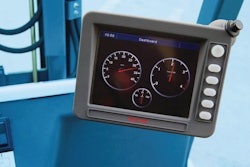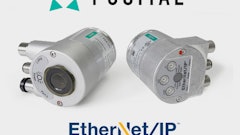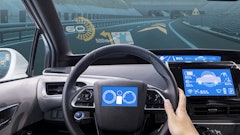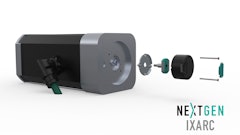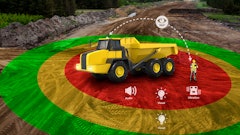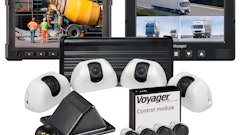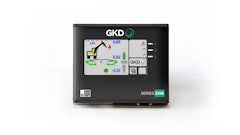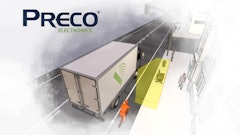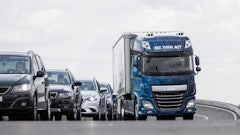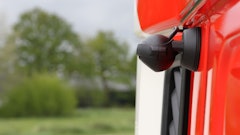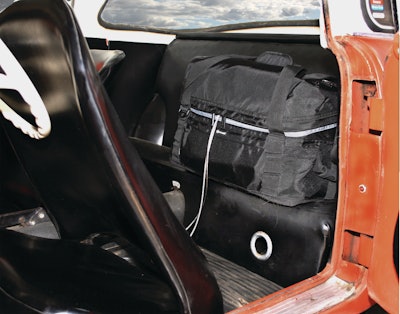
It is a case of "physician heal thyself." In this issue's cover story, Michelle EauClaire writes about methods engineers can employ to protect mobile equipment end-users from theft. What about protecting the tools of the engineering trade?
Prior to a factory tour, companies require that confidentiality agreements be signed to protect proprietary information, but employee training for travel security is rare. When a laptop disappears, the replacement value of the computer could be a fraction of what is on the hard drive.
One of the suppliers interviewed for this issue's Fluid Power Series installment said, "our customers have plants around the world, and they look for support where they are doing business." To that end, several years ago that company established a plant in China, to which engineers from its United States headquarters travel every six weeks.
Traveling for engineering, marketing support and other aspects of this business means airports, hotels and rental cars — exactly where most laptops disappear.
According to Kevin Coffey, a police detective and founder of Corporate Travel Safety LLC, approximately 650,000 laptops are lost or stolen each year. For a thief with the choice of a wallet or a laptop, the latter represents a greater return on investment. The penalties against a crime against property are even less severe than one against a person, such as robbery.
Editors travel with laptops, too. Throw in photography equipment and there's a lot of money in a few black bags that could walk away faster than a skid steer. For me, normal paranoia was moved into action after I'd traveled a great distance for an article. My laptop was full of photos, interviews and sentence fragments that would become a cover story. Losing the equipment would have been bad. Even worse is that the trip would then exist only in my memory.
After that trip I found Corporate Travel Safety online. Coffey's firm offers a variety of products to protect travelers and their gear. An expert at what can go wrong on the road, Coffey is available for speaking engagements, and the firm's website includes 130 pages of free travel safety information.
Once you ensure that excavator or skid steer you're working on is safe and secure, make sure your personal equipment is protected, too.




